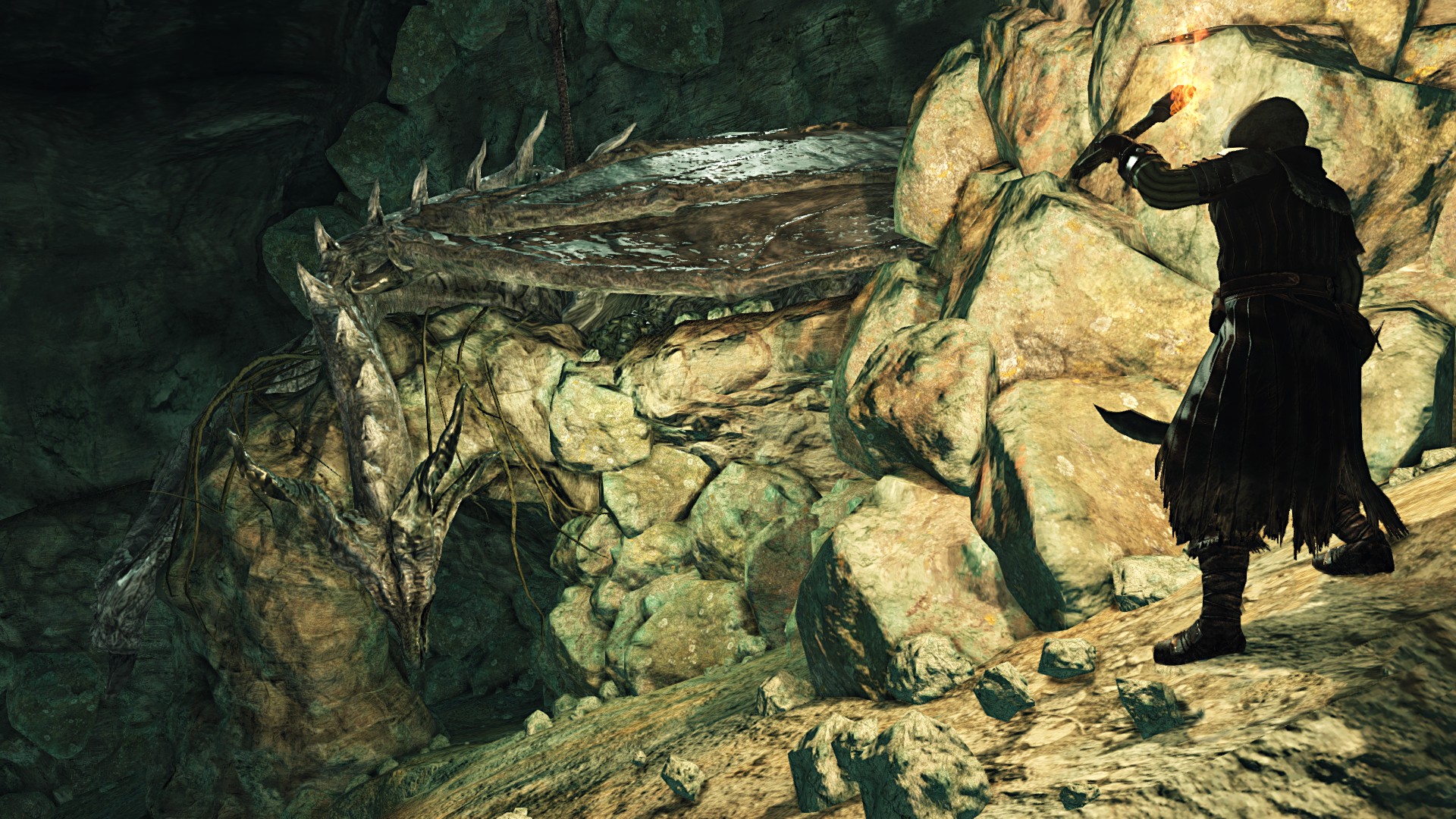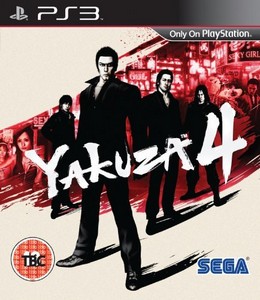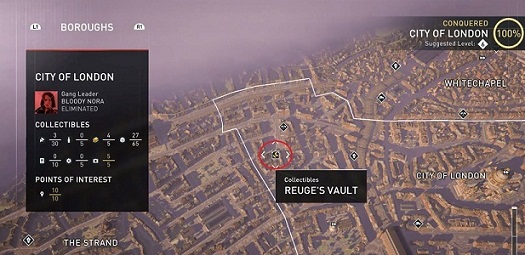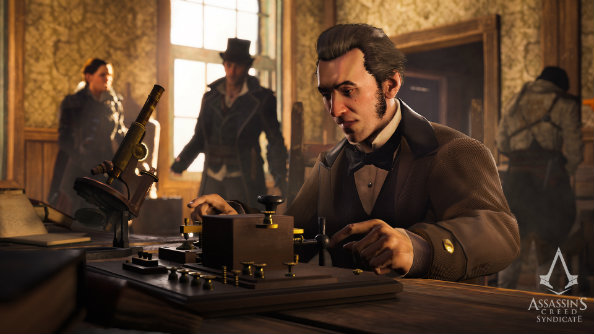

Killzone 2 may be one of the most divisive games of its generation. Even discounting the weird furor leading up to its release, a lot of gamers seem just as likely to decry its shortcomings (dull-looking environments, shaky enemy AI, etc.) as they are gush about how fantastic it is. Killzone 3 should be a hell of a lot easier to agree on, though, because while it delivers more or less the same gritty shooter action in the same bleak, blasted city ruins, it also delivers a ton of improvements that make it a hugely entertaining game.
Your Helghast enemies are now smarter, able to cover more effectively and react better to your actions (often with grenades). Your allies are more useful, too; not only will you have to revive them a lot less often than you would have in Killzone 2, but they can now revive you (although they’re not particularly good at it, often getting hung up on obstacles or distracted by enemies). The guns are bigger, the action’s more varied, the multiplayer’s more accessible and it’s now possible to tackle the campaign with a co-op partner. It’s as if every complaint critics leveled at Killzone 2 was taken into account and fixed.
But we’re getting ahead of ourselves. Those who played through Killzone 2 can probably already guess where a big chunk of KZ3’s plot is headed – after killing Scolar Visari (leader of the fascist Helghast army) in the last game, heroes Rico and Sev quickly go from scrappy invaders to hunted fugitives after finding themselves on the receiving end of a massive Helghast retaliation.
That’s really all you need to know going into the campaign (which takes around six to eight hours to finish). Interestingly, though, Rico and Sev’s story intertwines with another one involving the game’s two villains, Orlock (played by Ray Winstone) and Johann Stahl (Malcolm McDowell). A Helghast admiral and industrialist, respectively, the two steal the spotlight by continually trying to politically outmaneuver one another and fill the power vacuum left by Visari’s death. You’ll never play as either of them, of course, but their hammy machinations add an interesting dimension to a story that would otherwise be about a couple of grunts and their focus on (what’s left of) their mission.
Story aside, the most striking changes Killzone 3 brings are to its new environments, which are a little livelier and a lot more colorful than the rubble-strewn industrial hellscapes of Killzone 2. That’s not to say there aren’t a lot of rubble-strewn industrial hellscapes here, or that they’re not saturated with grays and browns – but their palettes have been broadened to include other, more striking colors. The levels are also a lot more diverse than before, and include a brightly colored (and hazard-filled) jungle that looks like a slightly murkier version of Avatar’s Pandora, a high-tech weapons lab, a gleaming space station and the iceberg-surrounded oilrigs that were, for many of us, our first glimpse of the game.
You’ll also do a lot more within those levels. The bulk of the action still revolves around ducking behind cover (made semi-sticky by holding down the L2 trigger) and trading shots with gasmask-wearing Helghast infantry – and that’s gotten a few upgrades. Certain weapons now feature improved sights, and a heavy-weapons slot has been added to your inventory for things like miniguns, rocket launchers and a couple of bizarre (but awesome) sci-fi weapons, like the multi-warhead WASP rocket launcher and the enemy-liquefying Arc Cannon.
The fight is a little easier than before; ammo caches are everywhere, ensuring that you’ll rarely have to resort to your sidearm, and checkpoints are usually pretty forgiving. To offset these advantages, there’s more diversity in the enemies you’ll battle, with standard Helghast stormtroopers joined by things like eerie, dog-like mechs and Capture Troopers, who wear thick armor and enjoy sprinting right up and stabbing you in the chest.
Time a counterattack against them just right, though, and you’ll trigger one of the best additions to Killzone 3: the so-called Brutal Melee attacks, which replace the knife-slashing of KZ2 with nasty close-quarters kill moves. Your enemies might get off with a slit throat or a snapped neck, but you’re also just as likely to jam your thumbs through their red lenses or twist a knife in their eyes. These attacks can sometimes leave you too vulnerable – especially in multiplayer – but that doesn’t make them any less satisfying to pull off.
Above: Gross
There’s more to the campaign than shooting and stabbing, though, with the traditional FPS carnage now regularly broken up by huge action set-pieces, vehicle segments and a stealth mission, three things that were mostly lacking in Killzone 2. These arguably give KZ3 more of a Call of Duty feel, since they’re mostly linear, self-contained departures from the action (i.e. now that you’ve fought your way through that arctic lab, it’s time for a dramatic escape in some high-speed monstrosity called an Ice Saw!), but they’re nonetheless meticulously crafted and make for an exciting change of pace.
True, some of the vehicle bits amount to little more than rail-shooter sequences (particularly in the game's final stages), but they’re also joined by a couple of rides you can move around in freely, most notably the machinegun-equipped jetpack (which, sadly, only shows up for a little while) and the towering EXO mechs, which are heavily armed and fantastic for literally stomping the life out of Helghast troops.




 Yakuza 4 Complete Unlockables list
Yakuza 4 Complete Unlockables list Killzone Shadow fall Audio log Locations Guide
Killzone Shadow fall Audio log Locations Guide Assassins Creed Syndicate: Music Boxes Locations
Assassins Creed Syndicate: Music Boxes Locations Super Smash Bros Wii U: Advanced Greninja Combo Guide
Super Smash Bros Wii U: Advanced Greninja Combo Guide Sequence 5 - Breaking News: Assassin's Creed Syndicate Walkthrough
Sequence 5 - Breaking News: Assassin's Creed Syndicate Walkthrough